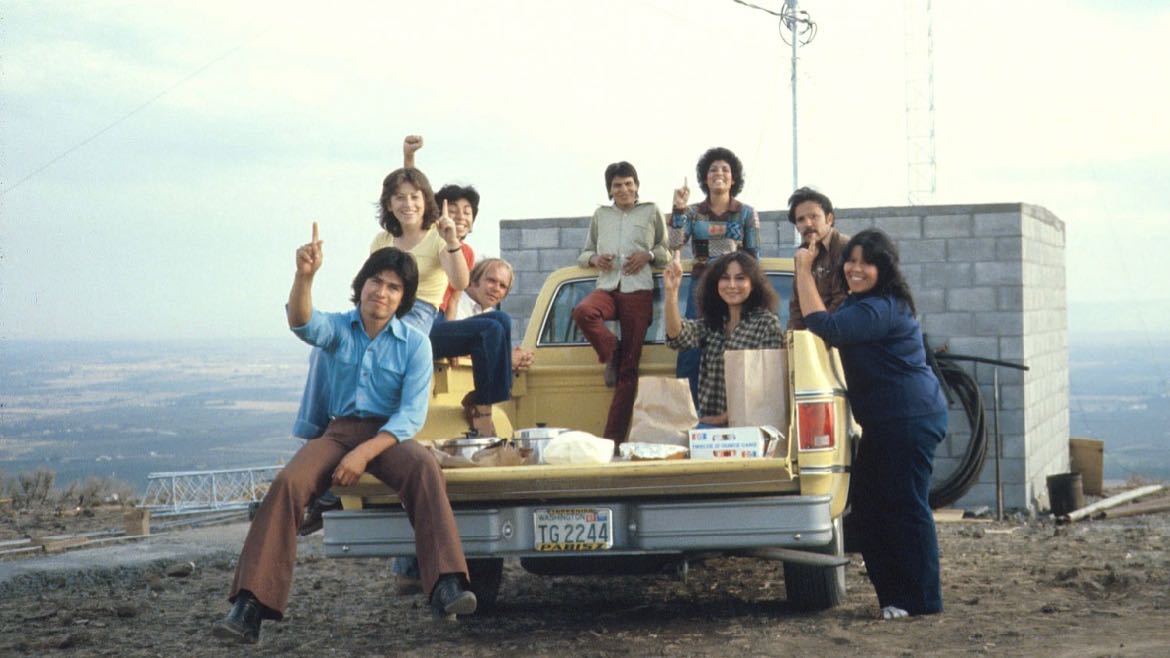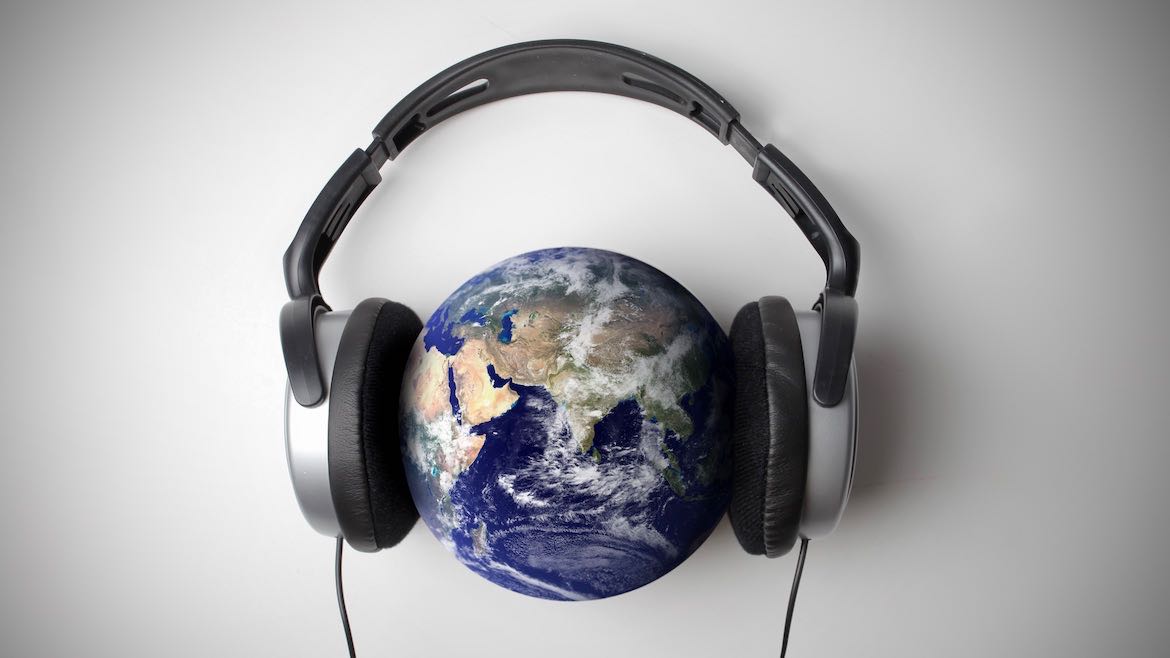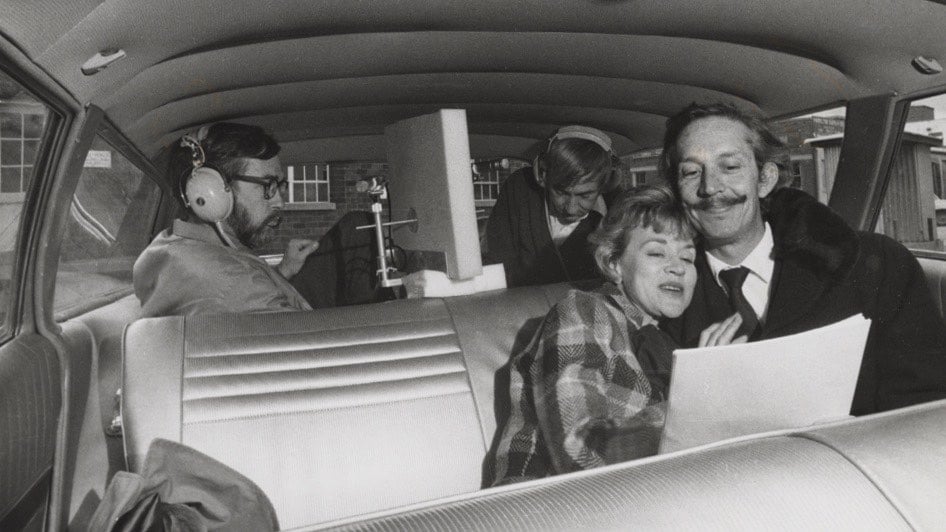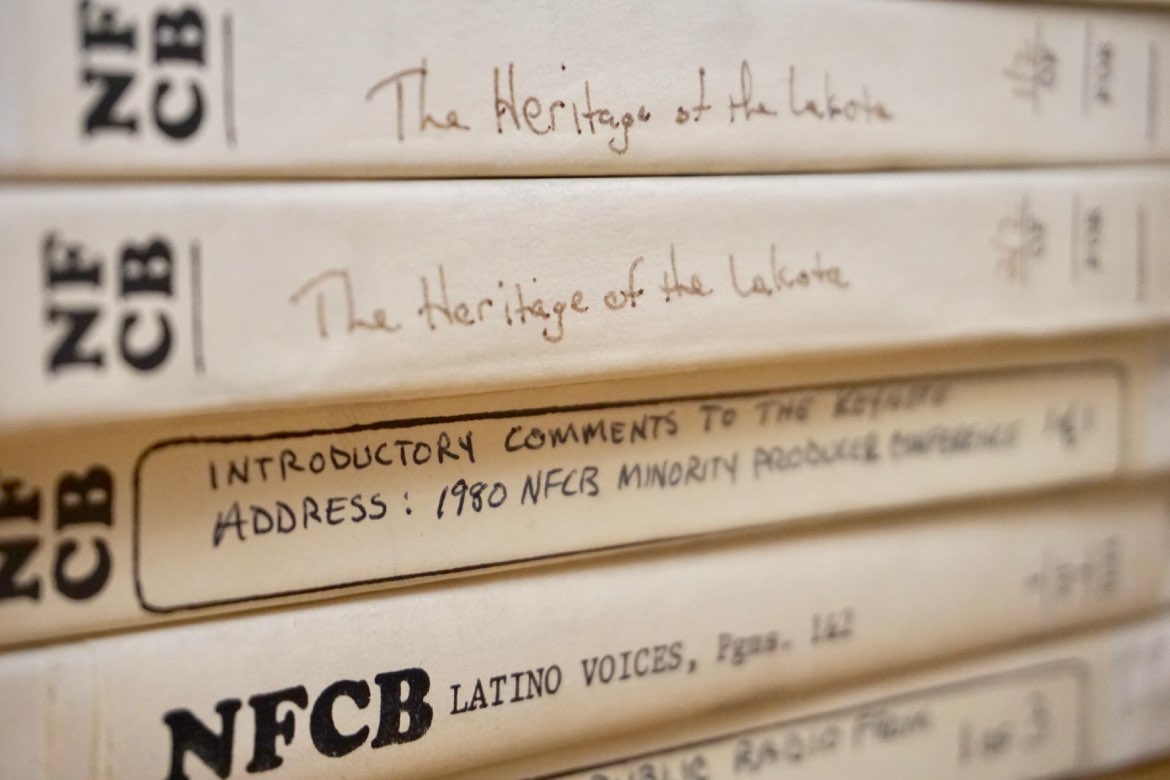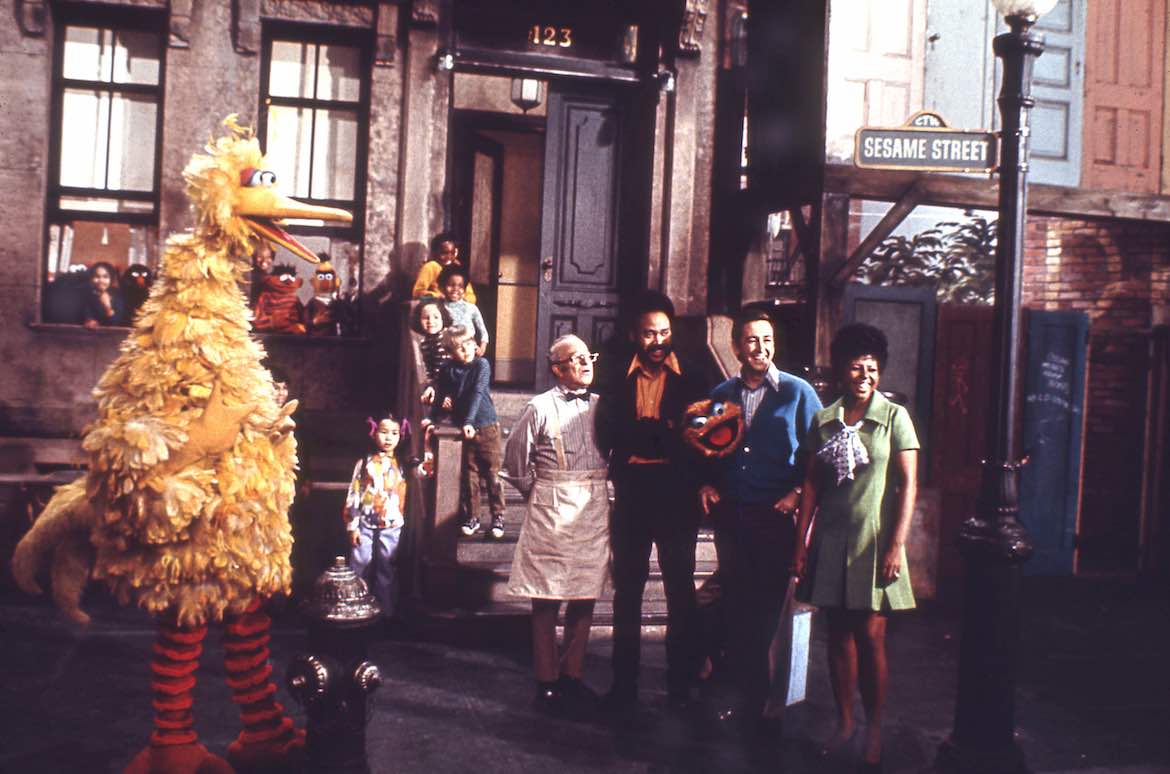Rewind: The Roots of Public Media
This series features scholars of media history looking back at both familiar and lesser-known chapters in public broadcasting’s evolution. “Rewind” is presented in partnership with the Radio Preservation Task Force, an initiative of the Library of Congress.
Looking back on the lesser-known histories of ‘Chicano Public Radio’
A group of bilingual radio stations founded in the late 1970s "helped distinguish Spanish-language and bilingual broadcasting as a form of advocacy."How France’s national broadcaster bolstered U.S. public radio in its formative years
From the 1940s to the 1970s, dozens of U.S. public radio stations featured French cultural programming that "let us know that the ...In 1970, riots and tear gas couldn’t sideline Ohio’s WOSU — but its licensee’s president ...
“The tone of operations was business as usual in virtually every sense despite the strong waves of tear gas through the building."A DJ looks back on 50 years on jazz radio in the nation’s capital
Rusty Hassan has seen shows and stations come and go during his long career on Washington, D.C., airwaves, and he's still at ...‘The World Is Yours’: How the travelogue shaped early public broadcasting
The globetrotting quality of public media is neither new nor politically neutral and has roots in the earliest days of American broadcasting.New history of public broadcasting to include expanded coverage of podcasts, digital media
Current is happy to announce an update of our book A History of Public Broadcasting, with a projected publication date of 2021.Wisconsin Public Radio’s ‘Earplay’: Before the podcast era, a story-focused series with experimental edge
The pioneering series reminds us that public radio stations have always been important spaces for the production of creative sounds.The survival of public broadcasting’s legacy has long been part of its mission
The National Public Broadcasting Archives at the University of Maryland reflect an inherent dedication to preservation.How ‘Sesame Street’ persuaded public television to act like a network
To guarantee the show's success, its creators had to win over a diverse group of educational broadcasters in the late '60s.How a CPB task force advanced a prescient vision for diversity in public radio
In the late 1970s, the critiques by CPB's Minority Task Force pushed NPR to increase minority employment and training programs and served ...


